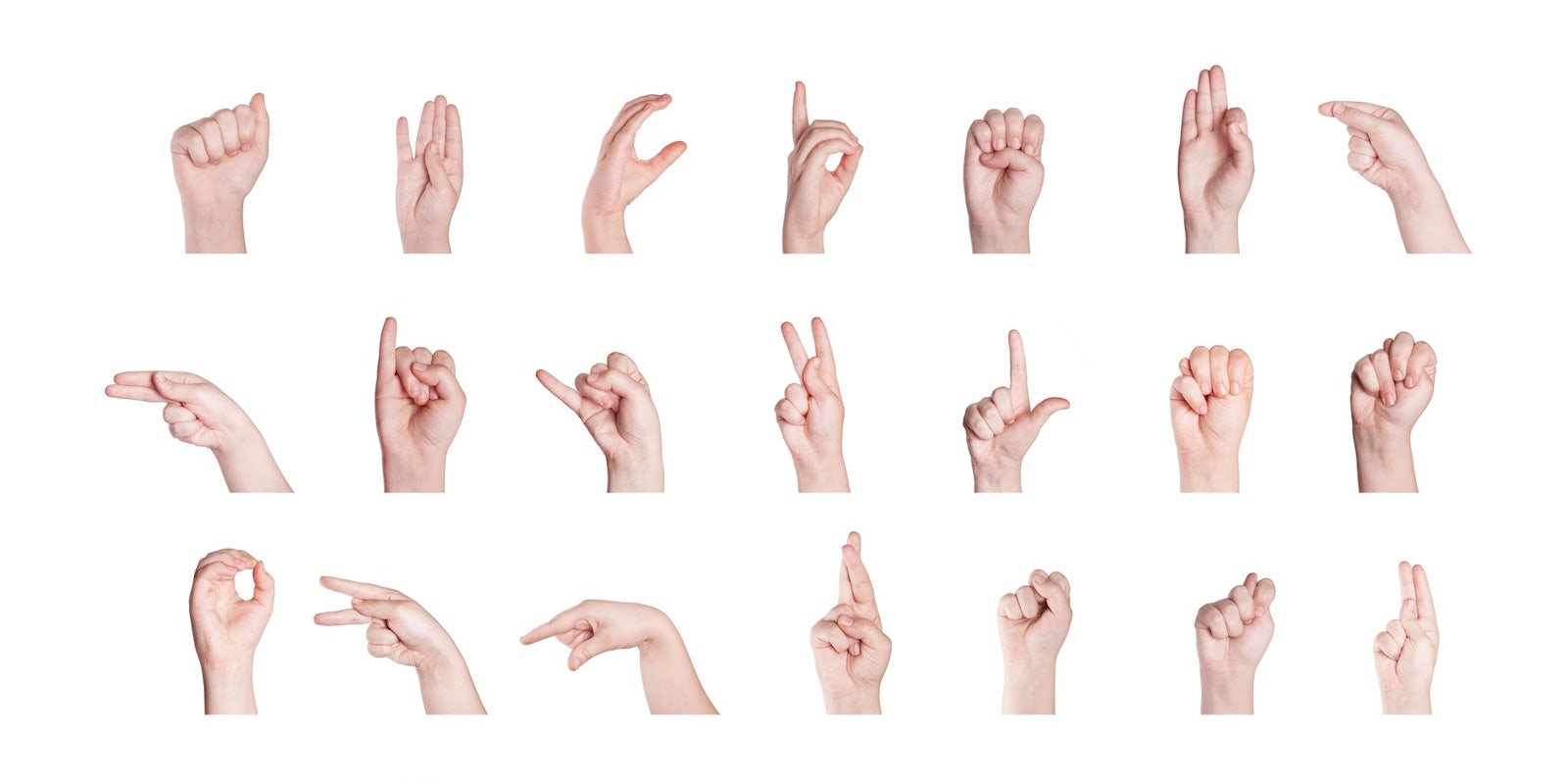While we’re all familiar with social justice movements like #YesAllWomen and #BlackLivesMatter, one community has slowly been coming together to promote a lesser-known issue that needs attention: Deaf education.
In the U.S., less than half of the Deaf population graduates from high school, and those who do graduate have the average reading level of a fourth grader. Many d/Deaf students (those who identify as culturally and medically deaf) also note that they have experienced audism and ableism, or discrimination in the education system. Communication and cultural barriers in teaching and integrating d/Deaf students require unique and complex solutions, and there is still a lot of debate on how to approach such issues.
So to create an open space for conversation, Talila Lewis, a professor at Rochester Institute of Technology and founder of Helping Educate to Advance the Rights of the Deaf (HEARD), decided to start using #DeafEd as a way to engage students.
“I had been active on Twitter for several years and thought that having students live-tweet during class and for other assignments would be a good way to support them in gaining access to information and learning about and supporting different causes that were important to them,” Lewis told the Daily Dot. “I noticed that there were hundreds of education-focused Twitter chats, but none related to DDBDDHH [Deaf/Deafblind/Deaf-disabled/hard of hearing] communities.”
In 2014, Lewis decided that end-of-semester projects should include students participating in a community-wide #DeafEd Twitter chat. On HEARD’s Facebook page, fully accessible videos were created in American Sign Language to help explain how to use Twitter and how to participate in the #DeafEd chats.
What exactly is Intersectionality? Here’s a video if you’d like to learn more later https://t.co/L8rIKVWqAK #DeafEd
— HEARD (@behearddc) October 14, 2016
Please note that #DeafEd chats will be held on the second Thursday of each month this year! Join us 9/8 @ 7:30pm ET! pic.twitter.com/XswIQckZLF
— HEARD (@behearddc) August 27, 2016
Heidi Givens, a teacher in Deaf education and advocate of the Deaf community, told the Daily Dot that the chats were “so educational” and that the “experience was exhilarating and I wanted more.” Through Lewis’ support and from the feedback of Twitter users, Givens said they decided to create a monthly #DeafEd chat with featured hosts who are experts in specific topics.
Many from the community also ask hard-hitting questions with the hashtag—like “What is essential to creating a Deaf and Disability-friendly classroom environment regardless of the setting?”—and people are encouraged to answer and give their own perspective.
Questions for tonight’s #DeafEd chat are out! Please take some time to think about these questions.
— HEARD (@behearddc) October 13, 2016
We’ll see you at 4:30pPT/7:30pET! pic.twitter.com/B3YVl4aJpN
https://twitter.com/macgreenfelder/status/786714871077494784
Become your own self-advocate and push for full accessibility. #DeafEd https://t.co/3Qfk2wWgZw
— Morgan Baker (@momoxmia) October 13, 2016
A4: Self advocacy = independence. Children any age do not need adults to do FOR them but show them how to do for themselves #DeafEd
— Heidi Givens, Ed.D. (@HeidiGASL) October 14, 2016
It is common to see professors, educators, teachers, d/Deaf people, Deaf allies, and other disabled individuals from around the world participate in these chats—some as far as Saudi Arabia.
Lauren Maucere, a current educator at an all-deaf school and active leader in #DeafEd, told the Daily Dot, “Often times, teachers of the Deaf are isolated due to the low incidence population, so coming together for a monthly chat helps to bridge all of us together and share resources.”
In the past two years, #DeafEd has slowly evolved into a hub where people share different content, events, and other resources involving Deaf education—from conferences to petitions that push for disability equality in education.
Calling all #DeafEd teachers in CA! Nominations are now open for #ECET2CADeafEd Nominate urself or a colleague today https://t.co/IHRQpZVP32 pic.twitter.com/zFT1YYLHNF
— ECET2CADeafEd (@ECET2CADeafEd) October 3, 2016
Panel of #deaf Artists and Artivists of Color #JusticeCantWait #ASL #DeafEd @csunorthridge pic.twitter.com/wUzq5D9iR8
— Rachel Friedman Narr (@rafnarr) October 23, 2016
#DeafEd founders hope that movement continues to grow as more people take interest. Lewis says next steps include finding more accessibility within the conversations. “I want to see youth serve as consultants to administrators and educators in schools and universities across the nation. This should be standard practice.”
The next chat will take will be hosted by Tawny Holmes from the National Association of the Deaf on Nov. 10. You can find past discussions over on Storify or follow #DeafEd on Twitter.


